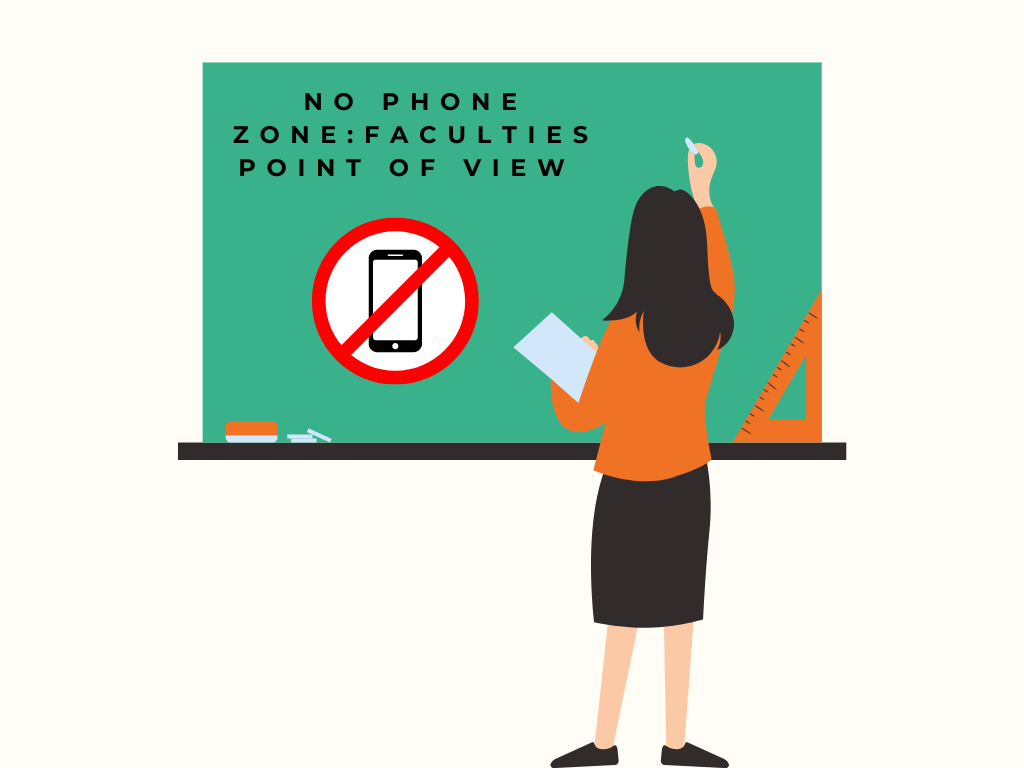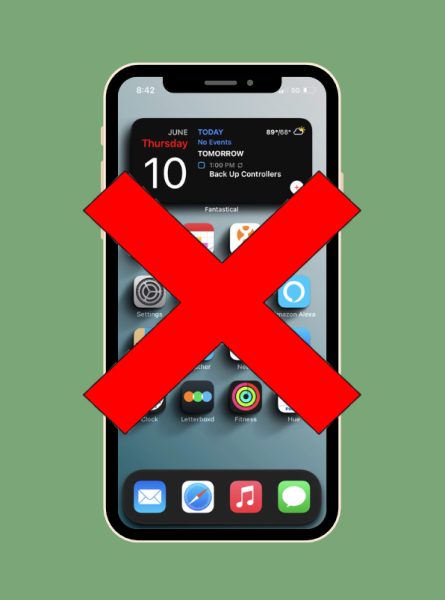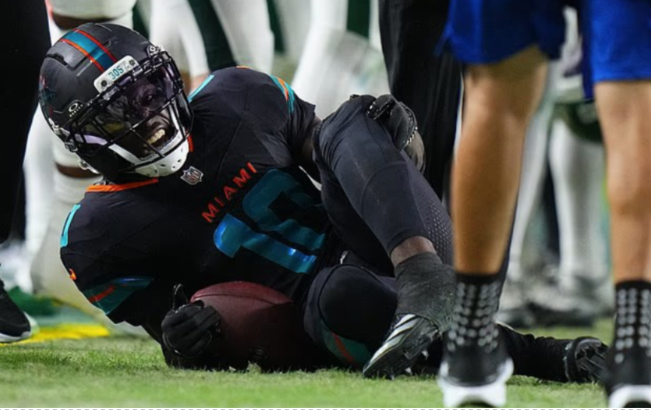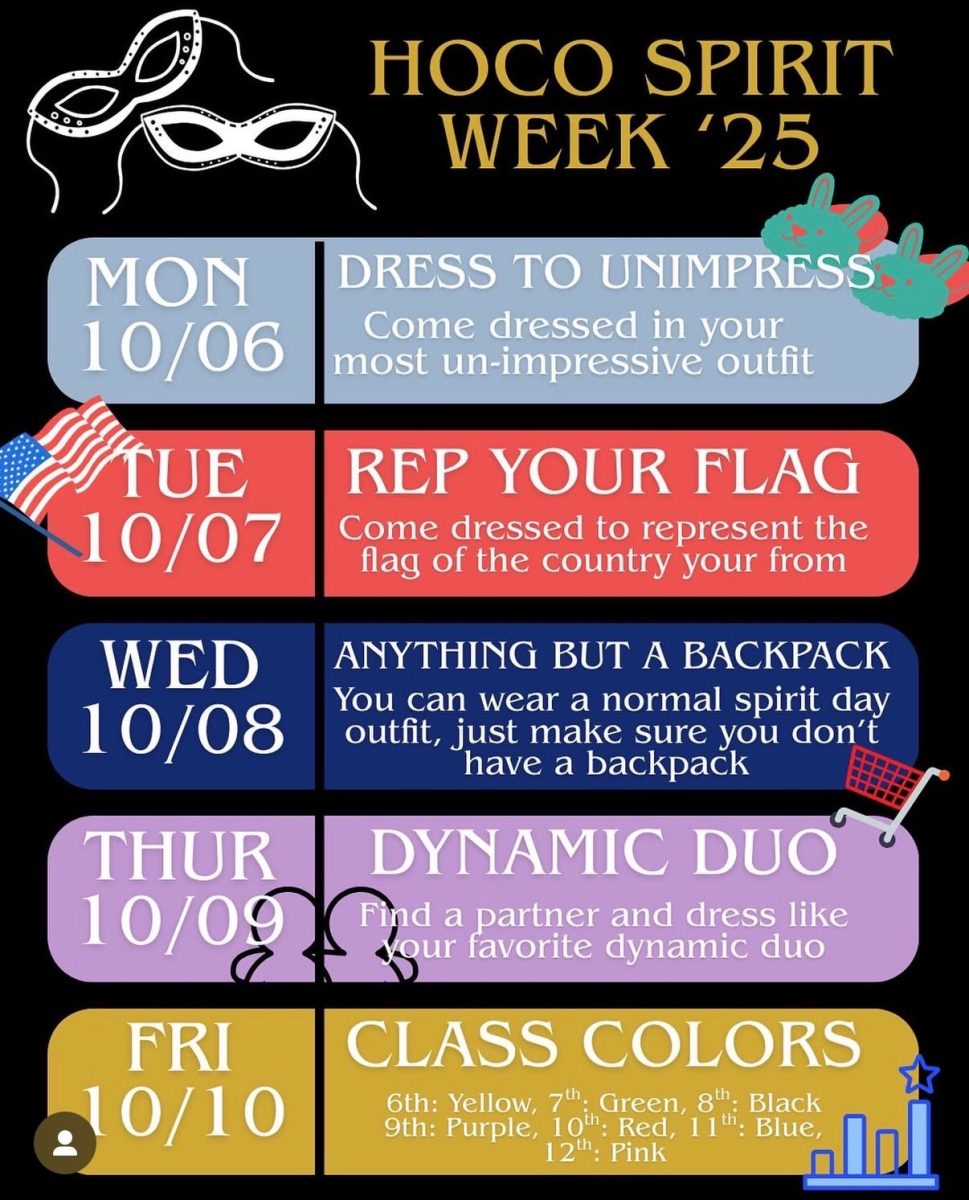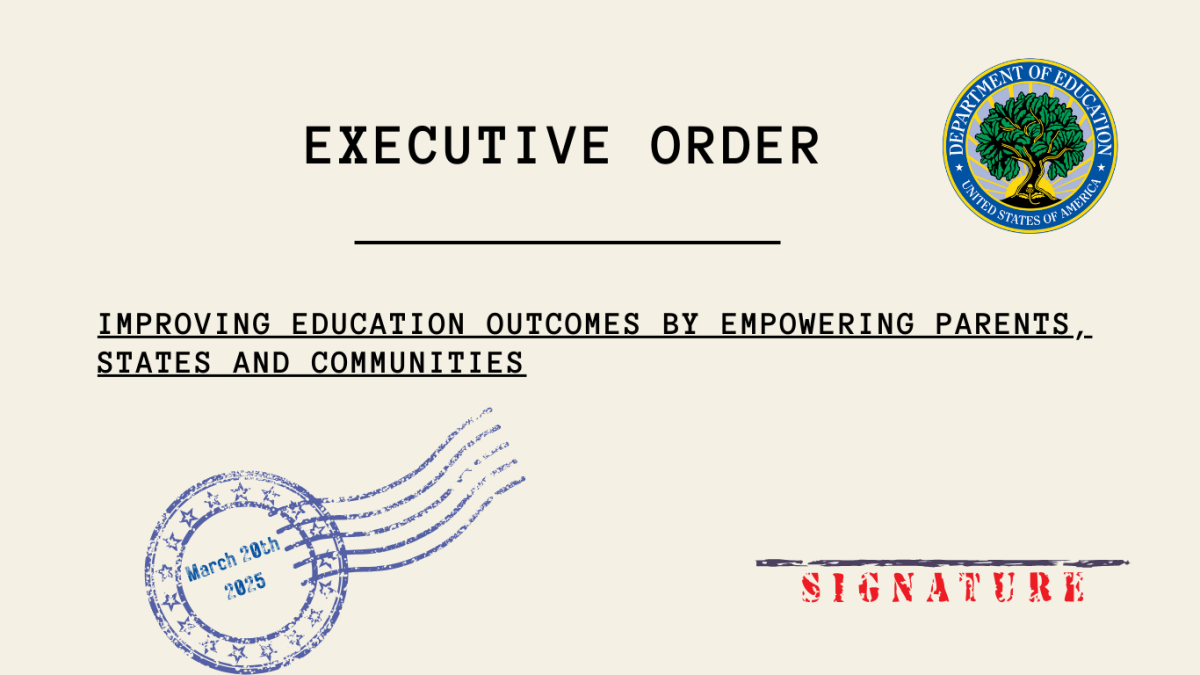Last year when Florida passed The Social Media Measure (HB379), cell phones were banned within all schools. A majority of students have expressed their dislike for the new law. This year the faculty and administration have been more keen to express their views and reasonings for enforcing the law.
While last year the law was still being enforced this year faculty have been enforcing the law even more.
“If this is the first time they have gotten in trouble they can get their phone after school. If this is the second time the parent has to come pick it up. If it’s the third time the parent has to get it picked up and then you get a detention. If it happens a fourth time it’s the administration’s decision,” Receptionist Ashley Sanchez said.
Dean of Operations Joseph Winters has noticed how the law having bigger consequences has had a bigger effect on students.
“It has made a really big difference and now that they are getting more strict on it, they are giving it some teeth and that is definitely helping,” Winters said.
Health teacher Jasmine Spencer believes that the law becoming more strict was a necessary change.
“I definitely think being more strict about the law is necessary. Especially the backpacks being put up in the front and the phones needing to be in the bags,” Spencer said.
Some staff members like Sanchez feel that the new policies such as no phones at lunch may be pushing it a bit too far.
“I feel like it’s good but I don’t necessarily know if I agree with them not being able to use it during lunch,”
Administration was concerned that students may be rebelling against the law. Winters believes as long as the enforcement stays consistent there will be no pushback.
“I think as long as everything stays consistent then it will be fine. Consistency is key,” Winters said.
While faculty is enforcing the law, they still do understand the struggles that the students are and have been facing.
“I get it just because they’re so used to having it all the time and it’s a big change not being able to have it [the phone] at all. It’s a really big adjustment especially when it’s something that you guys have grown up with from day one. It’s almost like an attachment issue that you have to work through while you’re at school,” Spencer said.
Most teachers and faculty including Social Studies teacher Mr. Johnson, have found the law to be of incredible help while in the classroom. However, Johnson finds that the law also adds more work for him while in his classroom.
“From an instructional standpoint, it does help us because it cuts out distractions. From a behavioral and monitoring perspective, it could give us just another thing to have to monitor and look for. Not only are we looking for students being on task we also need to make sure that students aren’t breaking the law by accident,” Johnson stated.
This law does not only affect students, staff members at schools in Florida are also highly encouraged to keep their phones off and away from them during instructional time.
“We’ve been advised that we should also kind of lead by example so I don’t want to be put in a position where I tell you, ‘Hey you can’t have your phone’ and then turn around and be on my phone. So I try not to be on my phone in class. Sometimes it’s literally unavoidable,” Johnson stated.
Certain classes in the school including Yearbook and Journalism have always used their phone as a resource. Winters having taught yearbook before feels as though the phone law has made it even harder for those programs.
“Having taught Yearbook for so long it was kind of a big loss. You can’t use Otter.AI or Adobe, you have to make do with the iPads. While it’s definitely a big loss in some areas, I think that our student programs that do use their phones have adapted, and the teachers have learned to adapt as well,” Winters stated.
Faculty members such as Sanchez are told to enforce the law differently than a teacher would.
“We have to sit here and hand out phones at the end of the day when we’re very busy and worry about who’s on what offenses. It takes out time of the day when people are not following directions,” Sanchez said.
Winters believes that the law is not affecting his job or an administrator’s job as much as it would affect a teacher.
“Most of the day students aren’t in my office or anything. I’m not out there in front of the students so if Ms. Thompson or Mr. Childers sends me a text message I don’t have to pretend not to be on my phone,” Winters said.
Some parents like Mallorie Fuller who has two children at the school are not against the law but have worries when it comes to safety.
“The only concern I have with students not being allowed to have their phones is if we need to get ahold of them or if students need to get a hold of us because of safety or health issues,” Fuller stated.
Though safety is a concern Johnson thinks that the law could help protect students in the event of an emergency.
“If you have a dozen parents calling students that happen to be in the same room and there happens to be an incident, an emergency in the school, like an active shooter or something and they walk by that room and hear all of those phones going off, that’s a good indicator that some of you are in that room,” Johnson explained.
Teachers are trying to exude an enthusiastic attitude towards the law and continue to be positive about keeping students off their phones.
“My class is fun, what do you need your phone for,” Spencer stated.

